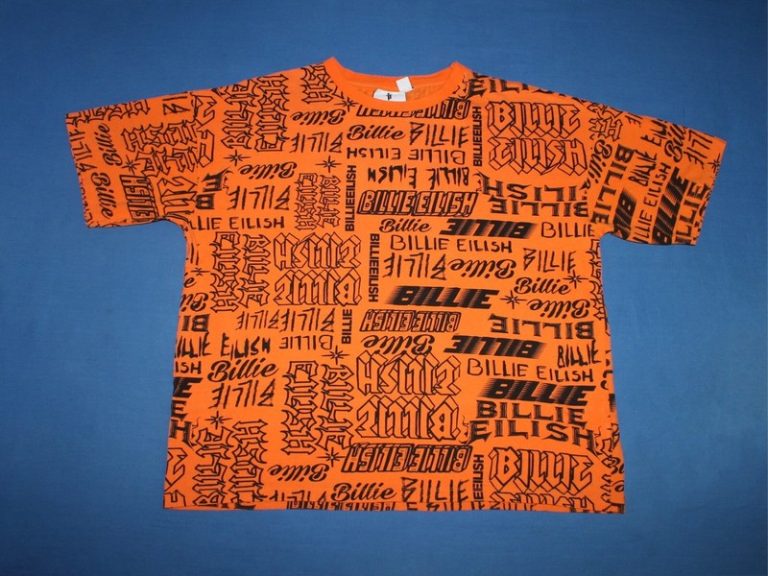Zack Nelson in a JerryRigEverything YouTube video
YouTuber JerryRigEverything and case manufacturer dbrand has called out Casetify for what appears to be a blatant iPhone cases design ripoff, and a multi-million dollar lawsuit has been filed.
Allegations are just allegations until a court case has concluded, and especially when the accused has not yet had their chance to refute the accusation. But as well as filing a lawsuit, Zack Nelson — aka JerryRigEverything — has publicly called out Casetify and dbrand has presented evidence that it’s hard to imagine can be denied by even the best lawyers.
“Back when Twitter was still called Twitter,” says Nelson in a 14-minute YouTube video, “someone tagged dbrand in a post pointing out that Casetify was selling a Samsung Galaxy S23 phone case with the internals of an iPhone. And not only that, every single product they were selling was using the exact same iPhone image.”
Nelson and dbrand sell cases for iPhones and Android models where the case has a photograph of what’s actually inside those phones. Originally, Casetify allegedly sold such cases for such phones, but the photograph was always of the same iPhone.
On social media, “dbrand being dbrand took a little shot at Casetify, which is fine,” says Nelson, “just a little Twitter banter between companies.”
“[Then] dbrand and I continue along our merry way making accurate Teardown products while Casetify is dressing up Androids like iPhones,” he continues. “No big deal.”
Nelson and dbrand call their cases Teardown and a few months later, Casetify launched a range called Inside Out. It also consisted of smartphone cases that had a photograph of the device’s interiors, but this time correct ones.
“They did it,” says Nelson. “A much more accurate look at the insides, and normally I’d be very proud of Casetify for actually taking the effort to actually portray the insides, because I’m not the only person on the planet who likes to take things apart.”
“I don’t own the idea of repairing things yourself, or am I the only person who appreciates the beauty of internal hardware?” he continues. “If Casetify went back to the drawing board, purchased a bunch of phones, took them apart, scanned the internals to properly make a Teardown skin competitor, bring on the competition.”
But while Nelson’s and dbrand’s Teardown cases are accurate photographic representations of devices, they’re not quite fully accurate — as Nelson shows in his video and dbrand details in a Twitter/X thread.
Casetify stole our products. Now we’re suing them.
Here’s how we found out… (1/6)
— dbrand (@dbrand) November 23, 2023
“dbrand and I go to extreme lengths to ensure that every Teardown skin is an accurate representation of what’s actually on the inside,” says Nelson. “But that also doesn’t stop us from sneaking in a few Easter eggs for people to find.”
So some models of Samsung phones have a tiny extra on the motherboard, with a quote from Nelson. He reportedly says repeatedly, “glass is glass, and glass breaks,” and that is written inside both dbrand’s and now Casetify’s cases.
“Definitely not something Samsung would ever put inside their device,” says Nelson.
Then there is also a component that has been labelled “R0807.” It’s in both dbrand’s and Casetify’s case, but it’s an easter egg because it is actually just a reference to dbrand’s robots.
Easter eggs like this were done for the fun of it, but they’re now going to effectively be like the trap streets atlas makers famously use. That’s where something intentionally wrong, such as a fictitious road, are included in one map and can be used to prove that another copied it.
Nelson and dbrand’s fun easter eggs have become practically a whole trap town, though, because the list goes on.
For instance, dbrand also has a logo saying “Subscrbe” in the same place that there’s a Casetify one in its cases. But the the two different marks are surrounded by the number 11 in a couple of places, identically positioned.
Nelson points out that the dbrand 11s are a reference to how that firm started on 11/11/2011. “Now why would Casetify include the day that dbrand was founded on their products?” asked Nelson.
Expect this to be an exhibit in court: dbrand highlights the alleged copying of the number 11
Just to nail turning it up to 11 a little further, dbrand also altered a specification that is usually shown visibly on the Pixel 7 Pro. “The Pixel 7 Pro actually has 19.25 watt hours of battery capacity [and we changed it to 11.11],” said Nelson, “but Casetify wouldn’t know that since they probably didn’t even take apart a phone to get this image.”
Reportedly, across a wide range of Casetify Inside Out products, Nelson and dbrand have consistently found at least one easter egg of their making.
“I’m not normally a legal action kind of guy, but I also don’t get ripped off by billion dollar corporations every day,” continues Nelson. “I could call them out on social media of course, or dbrand could tweet some witty tweets, but at the end of the day in this David and Goliath situation, Goliath doesn’t have the obligation to remove my products from their website just because I made a video calling them out on it.”
“So instead we’re giving them something they can’t ignore…,” he explains, “a lawsuit.”
The suit has been filed by dbrand against Casetify. Nelson cautions that he does not expect a speedy result, but also insists that “this isn’t about the money.”
“Theft is just not cool, and I think the biggest way we can teach Casetify a lesson is with a multi-million dollar lawsuit,” he says. “Getting hit in the wallet is what hurts these giant corporations the most.”
“There is a real possibility that no one wins here,” he warns. “I think they stole something, and I think they know they stole something, but the wheels of justice turn extremely slowly.”
The wheels of justice can also be very expensive and Nelson suggests that supporters buy his and dbrand’s new range to raise money. The new range of cases also have the insides of devices on them, but rather than a photograph, they are X-ray images.
Casetify has not responded publicly to the lawsuit.
As well as working with JerryRigEverything’s Nelson, dbrand has been making cases or what it calls skins for years.














